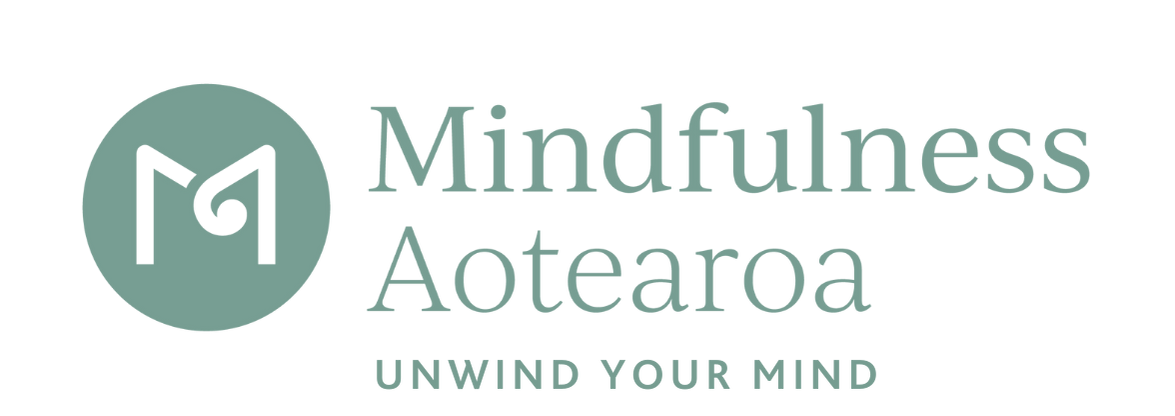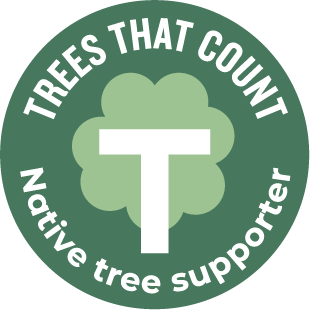What is Mindfulness Based Stress Reduction?
Jon Kabat-Zinn, a scientist and Professor at the University of Massachusetts Medical School first developed the 8-week Mindfulness Based Stress Reduction (MBSR) course and introduced it into mainstream medical settings in the late 1970s. He originally developed it to help patients coping with chronic pain and stress. Since then, the benefits have been widely researched and spread across the globe. It’s considered the gold standard of mindfulness and is at the cutting edge of integrative and preventative medicine.
The 8-week Mindfulness Based Stress Reduction course teaches specific skills and practices that you can use in your daily life to help break cycles of anxiety, stress, unhappiness and exhaustion.
What are the benefits of Mindfulness?
MBSR is the “real McCoy” of mindfulness training. Unlike many shorter courses (for which there may be no real evidence of benefit), MBSR has 39 years of research behind it and is recognised as the gold standard for mental and physical health in the field. It can lead to measurable changes in brain regions associated with memory, sense of self, empathy, and stress as well as improving the immune response in eight weeks.
MBSR is an evidence based 8-week course proven to increase your:
- Ability to deal with stress
- Attention and concentration
- Energy and productivity
- Ability to cope with chronic pain
- Immune system
- Creative problem solving and focus
- Wellbeing and balance
- Sense of connection, meaning and purpose.
I've tried meditation before and I can't do it!
Yes I know! Everybody has this experience when they first start mindfulness practice. And most people in the class will feel the same way.
Mindfulness isn’t about ’emptying your mind’, initially it’s about getting to know the mind you have. If it’s busy and preoccupied – that’s the perfect place to begin. Mindfulness practice is really about becoming familiar with your own mind and body and exploring ways to soothe, calm and simply explore how we tick.
Step-by-step throughout the course you will be offered lots of different ways of practicing to allow you to bring this way of being more into your life. The science is really motivating as we find out why we have such jumpy, ‘jack-rabbit’ minds and what they need in order to calm down and become a little clearer.
Is mindfulness the same as meditation?
Why not just an app, or a 4-week course?
Most of us are busy and don’t like that change takes time. MBSR unfolds over 8 weeks and beyond – with 27 hours of training, 2.5 hour sessions, plus a whole day retreat and quite a bit of home practice.
You will see many short courses (four to six weeks long and offering between 4 – 9 hours of training) that claim to be based on ‘MBSR’ or ‘the work of Jon Kabat-Zinn’ and also inaccurately drawing on the MBSR research-base – when this is not evident in the structure of the course or the experience of the teacher.
Mindfulness involves changing your mind and body’s habits. Change happens through practice and the evidence suggests that eight weeks provides the time for new cognitive, emotional, neurological and behavioural changes to become embedded.
It is our experience that practice is most effectively developed in a sustainable manner when there is an ongoing personal relationship with a teacher who really knows their stuff. We encourage you to do some research. If you are quite stressed or meeting some big challenges you might be better doing an in-depth, evidence-based program.
The MBSR course offers not just a taste of mindfulness but a proper immersion. Many short courses are actually much more expensive than MBSR on an hourly rate basis. We also offer serious discounts if you need a hand.
Who is it for and what does it involve?
The course is for anyone who wants to reduce work, family or health-related stress and bring a greater sense of balance and meaning to their lives, and also manage challenges more skilfully.
The course is a combination of 2.5 hour classes once a week for eight weeks, home practice, plus one full retreat day. Your course includes:
- an individual phone interview with the teacher before the course
- a 2.5 hour class once a week for eight weeks plus one full retreat day
- mindful movement and body awareness training
- exploration of patterns of thinking, feeling and action, and how to transform them
- brief teacher led talks and group discussions, including the scientific rationale for the practice (just to be clear this is not a therapy group, you won’t be asked to “bare your soul” or discuss personal issues! You can contribute to the group discussions as much or as little as you feel comfortable doing).
- individual feedback and support
- your commitment to daily homework practice using audio tracks and course book
A silent mindfulness retreat day is included in the programme. This will take place on a weekend day, and will run from 9.30am-4.00pm. During the day you will be guided through a range of formal and informal mindfulness practices.
Do I have to be religious?
No, it’s a myth that mindfulness is ‘religion (specifically Buddhism) by the back door’. Instead we all have a natural ability to notice, in the moment, all that we are experiencing with openness and acceptance. It can be developed with training, through practice and patience and doesn’t require any spirituality– although that’s fine if you do have faith! Mindfulness as mental training is entirely secular.
Do I go on a mindfulness course to be able to cope with my manager or a toxic workplace – will it actually change anything?
Mindfulness is not a cure-all. In fact one of the key criticisms of applying mindfulness practice at work is that it doesn’t change the poor practice of leaders or a toxic workplace. However, some preliminary research has been carried out which suggests that mindfulness, along with coaching, can help managers act with more emotional intelligence and compassion.
Do you have a question for us?
Talk to us today to discover how we can help.What's coming up?
Sign up for mindfulness tips and to hear about upcoming mindfulness courses.

Call Us
Email Us

Sustainability statement
We believe personal wellbeing and thriving communities are deeply connected to the health of the planet. For each course we run, we plant native trees in partnership with Trees that Count - helping to restore our forests. Together, let's cultivate mindfulness and a greener future.
